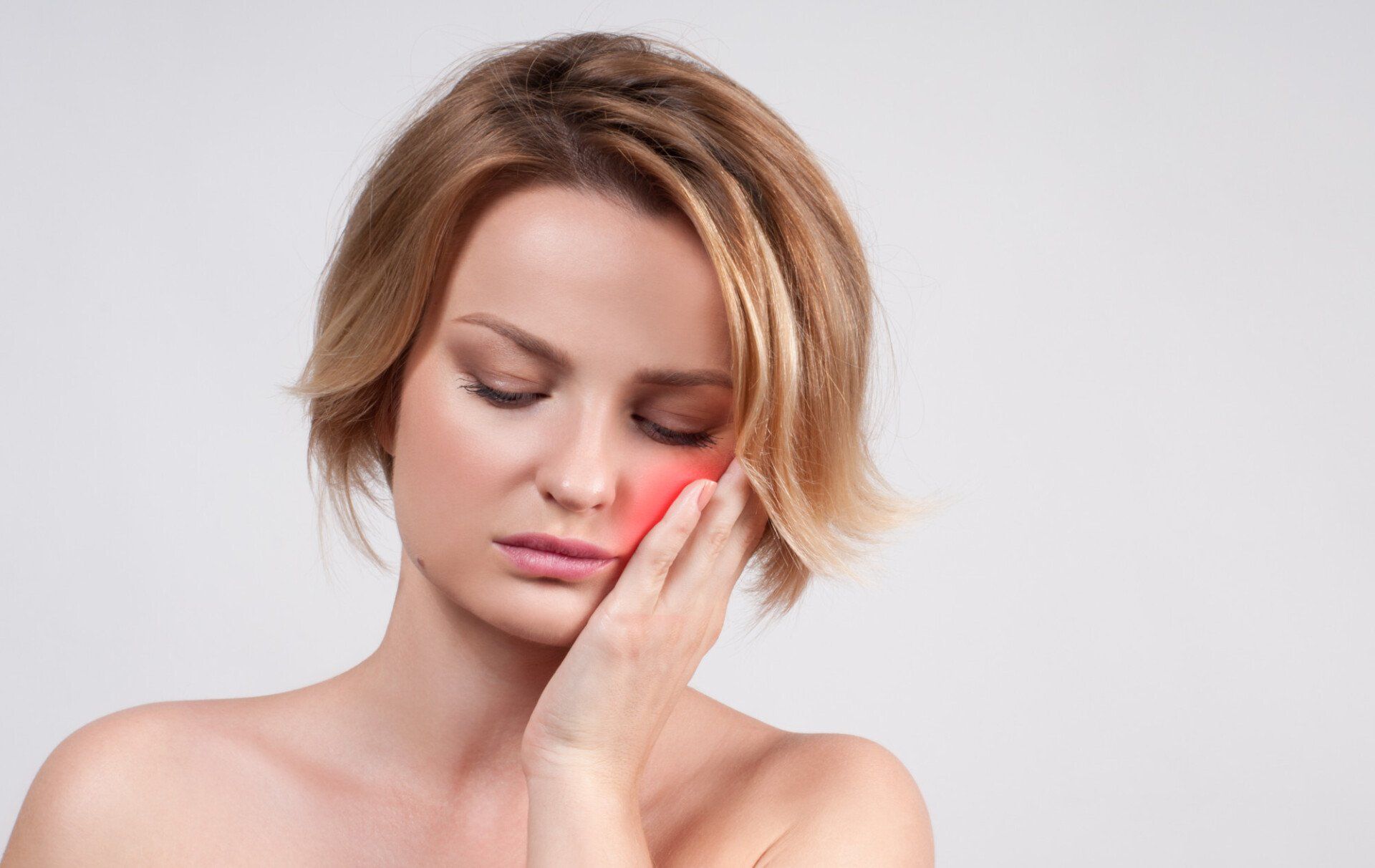7 TMD Symptoms (+What To Do if You Have Them)
Do you think you may be suffering from TMD? Learn seven common TMD symptoms plus what to do if you have them in our guide today.

Are you wondering if your symptoms correspond to TMD or temporomandibular disorder? It is estimated that one in thirteen Americans is suffering from a rare undiagnosed condition - let alone a more common one. So it's important to stay on top of your body if you feel something is wrong.
First, we'll go over exactly what TMD is and then we'll go over the top 7 TMD symptoms. After matching up your symptoms you can decide if you should make an appointment with your dentist.
No one wants to waste time so it's a good idea to check out the symptoms here first. Keep reading to learn the symptoms of TMD!
What Is TMD?
TMD is a disorder that involves various conditions that present in the jaw area and within the muscles of the face. It can be caused by a variety of different methods and prevents with a few different symptoms. Luckily, this disorder group is not permanent in almost all cases and can be easily rectified with careful treatment.
You may also have heard the term TMJ. This type of disorder is a specific one that falls under the umbrella of TMD. TMD and TMJ symptoms are frequently similar, but TMJ focuses on pain in the jaw area.
TMD Symptoms
It is estimated that around 10-15% of adults will at some point experience TMD. So it's a good idea to keep track of these symptoms!
1. Pain
The most common symptom of TMD is pain and it can take place in several different areas. The most common areas are in the muscles of the face, or TMJ which is focused in the jaw. Pain that radiates from behind your eyes or face can also be an indication of TMD.
Shoulder, neck, and back pain are also associated with TMD but can be caused by many other things. It's important to look at your symptom group as a whole, rather than at individual points.
2. Limited Ability to Move Affected Area
Another common symptom involves not being able to open as close your jaw or shift from side to side as much as you used to. This limited range in motion can indicate muscle strain or articular disc displacement (the latter is normally indicated by limitations of movement on one side).
Deviations are similar to limited movement and also indicate muscle or disc issues. Disc displacement may sound scary but can generally be fixed and is often a result of genetics, arthritis, or injury.
3. Certain Sounds
Many individuals may experience a clicking or popping sound which are known as discreet sounds. AKA, these sounds aren't happening constantly but rather more situationally. This is as compared to continuous sounds (also known as crepitus) which involve grating or grinding sounds.
Again, this does not necessarily narrow down the diagnosis to TMD. However, if you have this symptom with several others then you should bring your findings to your dentist.
4. Catching or Locking
This is when your normal opening and closing or sideways movement is interrupted or prevented entirely. This can be either momentary or continuous and tends to occur in episodes.
None of these symptoms typically constitute an emergency, but it's a good idea to give your dentist a call to book an appointment quickly if you have several symptoms on this list. Most dental offices consider things such as loose or broken teeth to be dental emergencies. Even if it isn't TMD, it could be something else they can help with.5. Earaches or Ringing Sounds
You may have been wondering "is tinnitus a TMD symptoms?" Tinnitus involves a consistent ringing sound in your ears. It is also generally treatable and fairly common among adults on its own. But, it can also be another symptom of TMD as well.
If you have ringing in your ears (tinnitus) or symptoms like ear fullness and earaches, these could all be a part of TMD. TMD can cause many symptoms, and the majority of TMD cases will involve some kind of ear ringing or ear fullness.6. Dizziness
This is another symptom that can appear in the majority of TMD cases. Dizziness and imbalance are often related to the ear but may relate to other areas affected by TMD. Dizziness and imbalance, of course, are fairly vague symptoms.
Dizziness itself has a wide-reaching and varied meaning. It could mean feeling faint or weak or a spinning sensation. Luckily, if you are experiencing frequent spells of dizziness it normally does not indicate anything life-threatening or seriously problematic.
Imbalance is similar to dizziness but leans more to the feeling of being about to fall over. This can also be a symptom of TMD.
7. Tooth Sensitivity
You may have been wondering why we mention going to your dentist to check out whether you have TMD. That is because symptoms are often related to your teeth and TMD can cause dental problems.
We've already mentioned that TMD can cause clenching or grinding of your teeth. Tooth sensitivity is more often caused by worn enamel or exposed roots but it can be caused by all kinds of things including TMD.
You experience tooth sensitivity most commonly when eating and drinking hot, cold, sweet, or sour foods. The sensation of tooth sensitivity is generally a sharp sudden pain that feels like it's inside your teeth.
What Else Should You Know?
Now that you know all about TMD symptoms you may be wondering where it's best to have a consultation with a dentist. Dental Care Burke accepts most major PPOs and provides morning and weekend appointments.
Check out their limited-time offers today!











